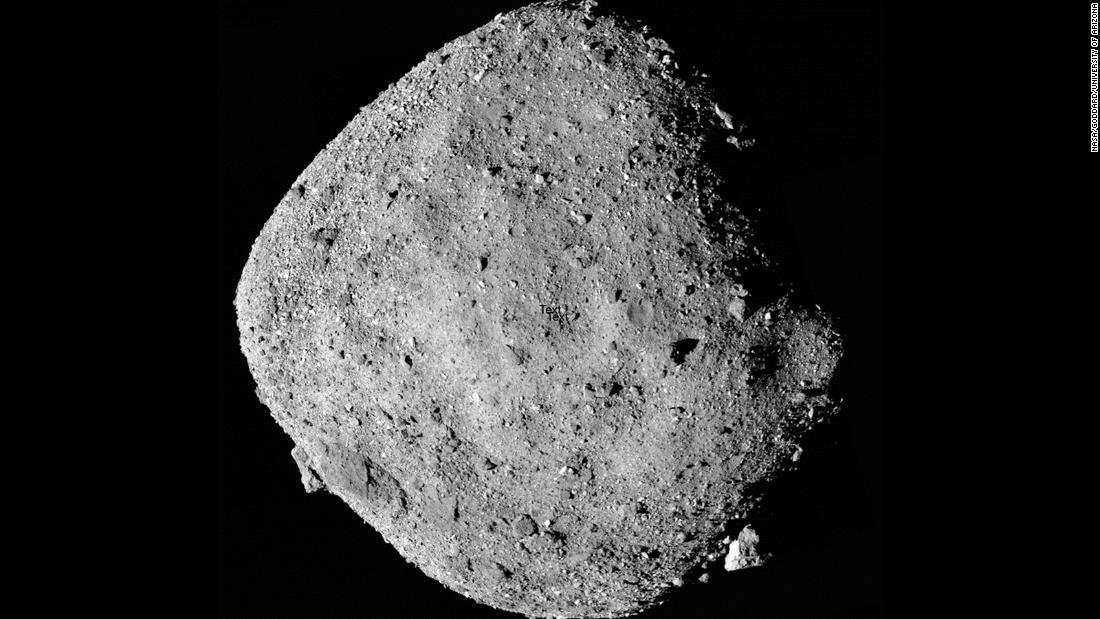(CNN) Meteorites that crashed into Earth billions of years ago contain sugars, researchers say, lending support to the idea that asteroids may hold some of the ingredients to life.
An international team of scientists found "bio-essential" sugars in meteorites, which also contain other biologically important compounds, according to a press release from NASA on Tuesday.
Asteroids -- rocky near-Earth objects which orbit the sun -- are the parent bodies of most meteorites. And the theory suggests that chemical reactions within asteroids can create some of the elements essential to life.
In a study published Monday in the Proceedings of the National Academy of Sciences, researchers analyzed three meteorites, including one that landed in Australia in 1969 and dates back billions of years. Previous studies have also tried to investigate the meteors for sugar -- but this time, researchers used a different extraction method using hydrochloric acid and water.
The researchers found sugars like arabinose and xylose -- but the most significant finding was ribose.

shiruken on November 21st, 2019 at 19:48 UTC »
Here's a link to the study published today in PNAS: Y. Furukawa, et al., Extraterrestrial ribose and other sugars in primitive meteorites, PNAS (November 18, 2019).
Kule7 on November 21st, 2019 at 18:02 UTC »
I don't understand this. If the chemical processes that create Ribose are found on asteroids, wouldn't they have also likely been found on early Earth? Why do we need an extraterrestrial sugar hypothesis?
seriousnotshirley on November 21st, 2019 at 14:39 UTC »
I did a spectroscopy project in college. I was surprised to find out how much of what’s floating out in space is complex molecules rather than just elemental.
Chemical processes are everywhere.